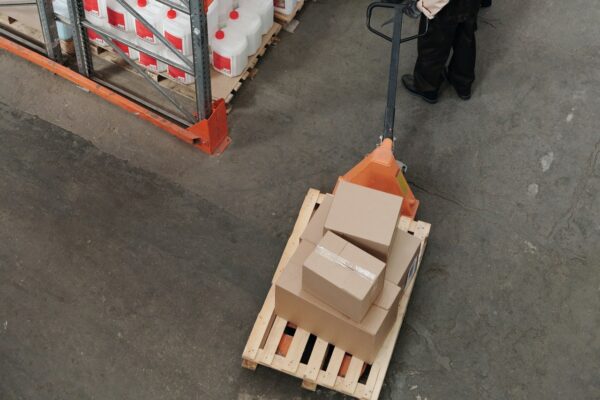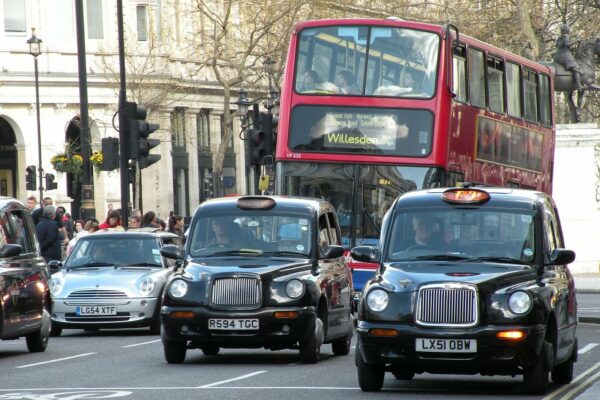Climate Change & Logistics
It’s impossible to deny the strong connection between climate change and logistics, particularly since the freight transport industry is responsible for generating up to ten per cent of the world’s total carbon emissions. Not surprisingly, this is a subject that’s very close to our hearts here at GenRev, which is why we operate our services in the way that we do.
Logistics vehicles contribute to carbon emissions
Most vehicles in the logistics industry use hydrocarbon fuels, which are known to be one of the principal contributors towards climate change. Burning petrol and diesel releases CO2 into the atmosphere, which accumulates along with methane and other greenhouse gases released by the agricultural and mining industries. These gases absorb heat from the sun’s rays, preventing it from being released back into space, creating the greenhouse effect that’s currently warming the earth to undesirable levels.
According to EU scientists the global food production and distribution industries are also having a negative impact on climate change, being directly responsible for over a third of greenhouse gas emissions. A growing global population is putting further strain on the infrastructure, with food production also impacting heavily on global supply chains and logistics.
The Government has made a commitment for the UK to become net carbon zero by 2050. They plan to ban the sale of new petrol and diesel cars from 2030, with the cut off for hybrid vehicles extended to 2035. But ongoing worries about the logistics industry are helping to fuel concerns that this target isn’t achievable. There needs to be a substantial move towards developing viable electric vehicles (EVs) with a good range for the transportation of goods.
Carbon emissions contribute towards unpredictable weather events
Unstable weather conditions are a direct result of an increase in greenhouse gases in the earth’s atmosphere. Storms and rough seas create havoc for container ships, but even on dry land there are knock-on effects for truck and delivery drivers. Extreme weather in the form of storms and even droughts, all have a profound impact on road conditions, affecting delivery routes and timings across just about all industries.
Adverse weather conditions such as heavy rain can lead to flooded roads, disrupting transport services and causing delays. It’s something we understand only too well here at GenRev, and we have taken steps to minimise the risk of disruption to your time-critical deliveries.
Our In Night distribution service allows our drivers to avoid daytime traffic jams, where idling traffic and congestion add to pollution levels. We travel through the night to ensure your parts and packages arrive on time, every time. Thanks to our In Boot parts deliveries your field service engineers won’t have to drive to different depots searching for the parts they need, as they’ll be delivered directly to their vehicles before they even start their day’s work.
If you want to a more planet-conscious solution for your deliveries, why not consider GenRev’s range of smart delivery services?
We can help your business to reduce its carbon footprint. Contact us to find out more about our In Boot and In Night services.



